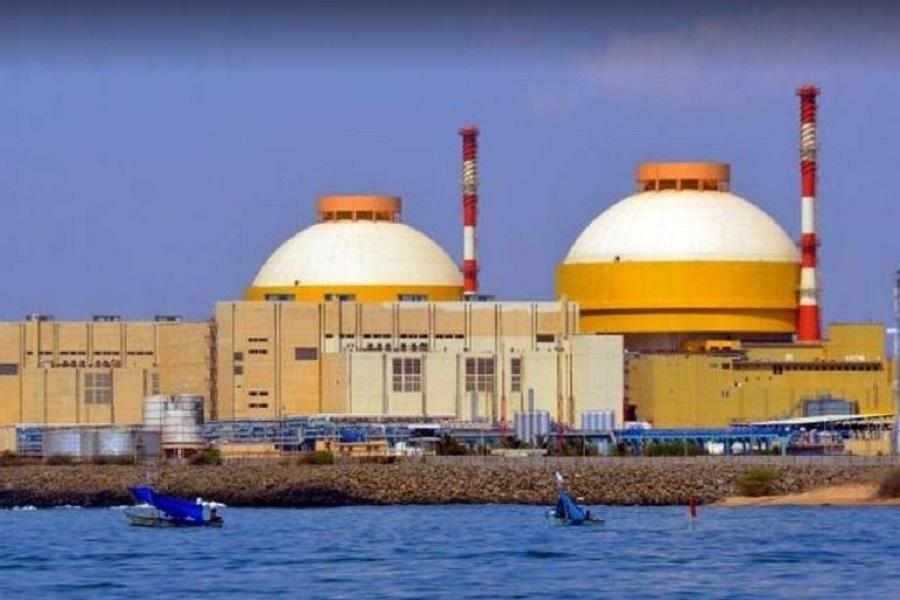
Centre Reviews 100 GW Nuclear Mission to Boost Clean Energy Goals
In a significant move aimed at expanding India’s clean energy basket and reducing carbon footprint, the Centre has convened a high-level meeting to review its 100 GW Nuclear Energy Mission. The meeting, jointly chaired by Union Power Minister Manohar Lal Khattar and Minister of State for Atomic Energy, Dr Jitendra Singh, signifies the government’s commitment to achieving Net Zero emissions by 2070.
The 100 GW Nuclear Energy Mission is a crucial component of Prime Minister Narendra Modi’s ambitious plan to boost clean energy production in the country. The goal is to increase nuclear energy production from the current 6.7 GW to 100 GW by 2031. To achieve this target, the government has outlined key directives to accelerate the development of nuclear energy infrastructure, improve efficiency, and enhance safety standards.
The meeting was attended by senior officials from the Ministry of Power, Ministry of Atomic Energy, and other concerned departments. The participants discussed various aspects of the mission, including the current status of nuclear power projects, challenges, and future plans. The review meeting aimed to identify the gaps and bottlenecks in the implementation of the mission and to chart a course for overcoming the hurdles.
The Centre has identified several key areas to focus on to achieve the 100 GW Nuclear Energy Mission. These include:
- Capacity Addition: The government plans to add 10-12 GW of new nuclear power capacity by 2031. This will require the commissioning of new nuclear power plants, including indigenous designs and foreign collaborations.
- Safety and Security: Ensuring the safety and security of nuclear power plants is a top priority. The Centre has directed the Nuclear Power Corporation of India (NPCIL) to enhance safety standards and implement best practices in nuclear operations.
- Fuel Enrichment: India relies heavily on imported enriched uranium for its nuclear power plants. To reduce dependence on imports, the government plans to enhance fuel enrichment capabilities at the Uranium Corporation of India Limited (UCIL).
- Research and Development: The Centre has emphasized the importance of research and development in nuclear energy. The government plans to invest in cutting-edge technologies, including advanced reactor designs, small modular reactors, and nuclear fuel cycle technologies.
- Public Outreach: Public perception and acceptance are critical for the success of the 100 GW Nuclear Energy Mission. The Centre plans to engage with local communities, address concerns, and enhance transparency in nuclear operations.
The review meeting also focused on the role of international cooperation in achieving the 100 GW Nuclear Energy Mission. India has been actively engaged with nuclear power countries like the United States, France, and Russia to share best practices, technologies, and expertise.
The 100 GW Nuclear Energy Mission is expected to play a significant role in reducing India’s carbon footprint and achieving Net Zero emissions by 2070. Nuclear energy is a low-carbon source of electricity, and increasing its share in the energy mix will help reduce India’s reliance on fossil fuels.
In conclusion, the Centre’s review of the 100 GW Nuclear Energy Mission is a crucial step towards achieving the country’s clean energy goals. The government’s commitment to accelerating the development of nuclear energy infrastructure, improving efficiency, and enhancing safety standards is commendable. As India continues to grow and urbanize, the need for clean energy sources is becoming increasingly important. The 100 GW Nuclear Energy Mission is an important step towards a sustainable energy future.






